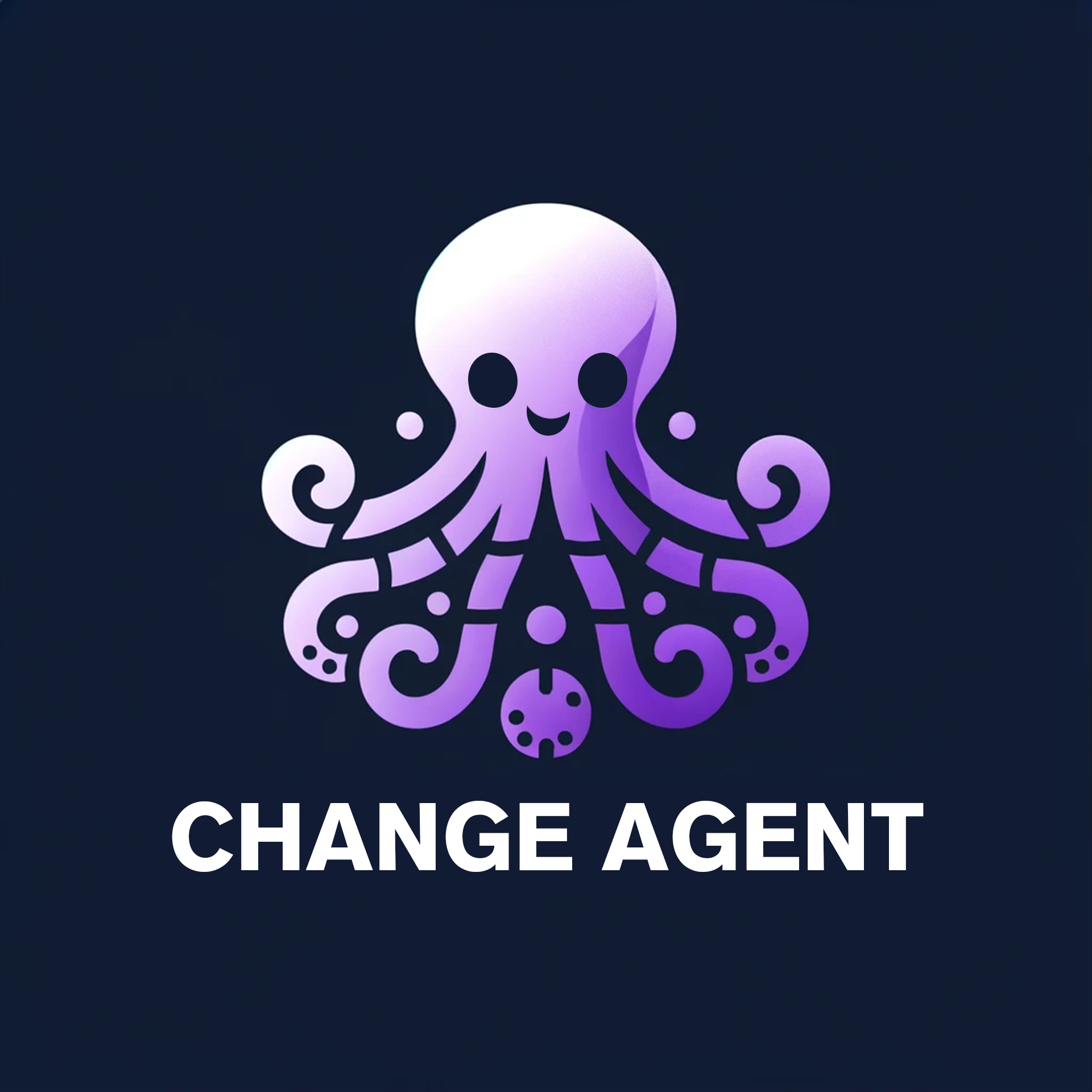Using Change Agent for Data-Driven Decision Making
Guidance on using data to inform decision-making and drive strategy.
📋 STEP BY STEP
Here’s how you can use Change Agent to inform decision-making and drive strategy with data.
Step 1: Gather Relevant Data Sources
Collect relevant data sources related to the issue or problem at hand. This could include academic research, government reports, industry studies, or internal company data.
- To upload the transcript as a file
-
- Click the “+” symbol to the left of the prompt window
- Choose your file
- To load the transcript from a webpage
- Copy the entire URL (NOTE: if the URL is for a Google Doc or other cloud service, make sure that sharing is set to “Anybody with the link”)
- Type
“#”into the Change Agent prompt window and paste your URL immediately after the“#” - Click on the gray dialog window that says
#[URL]to load the interview
Step 2: Prompt Change Agent to Analyze Data
Ask Change Agent to analyze the uploaded data sources. Provide context for the analysis, such as specific research questions or areas of focus.
Example prompt:
"Analyze the relationship between socioeconomic disparities and health outcomes in the US, based on the provided data from the U.S. Department of Health and Human Services."
Step 3: Review Key Findings
Review the key findings generated by Change Agent. This will provide insights into trends, patterns, and correlations within the data.
Example output:
"According to the analysis, there is a strong correlation between socioeconomic disparities and health outcomes in the US. Specifically, Black and Hispanic individuals face a 50% higher incidence of diabetes and a 40% higher rate of hypertension compared to their white peers."
Step 4: Identify Strategic Opportunities
Use the insights gained from Change Agent’s analysis to identify strategic opportunities for decision-making and action.
Example:
"Based on the findings, it is clear that addressing socioeconomic disparities is crucial for improving health outcomes. A potential strategy could be to invest in community-based programs aimed at reducing healthcare access barriers and promoting economic empowerment."
Step 5: Refine Strategy with Additional Data
Refine your strategy by incorporating additional data sources or perspectives. Use Change Agent to analyze new information and adjust your approach as needed.
Example prompt:
"Analyze the potential impact of investing in community-based programs on health outcomes, using the provided data from the Centers for Disease Control and Prevention."
📘 BACKGROUND
Current Process
Traditional decision-making processes often rely on anecdotal evidence or incomplete data, especially when pressed for time. This can lead to biased or ineffective strategies that fail to address underlying issues.
Opportunity
By leveraging Change Agent’s analytical capabilities, organizations can make more informed decisions based on comprehensive and accurate data analysis.
Change Agent enables users to quickly identify key trends, patterns, and correlations within large datasets. This empowers decision-makers to develop targeted strategies that address specific challenges and opportunities.
Benefits
- Data-driven decision-making with reduced bias
- 90% reduction in analysis time. Insights generated in minutes, not hours or days.
- Customized strategic recommendations based on unique data sets

